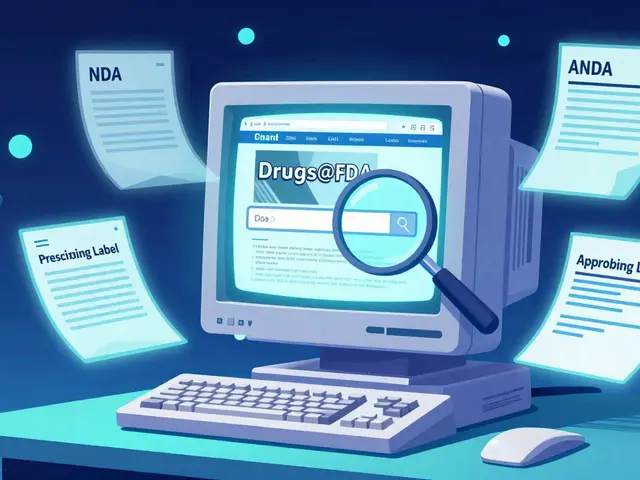Hepatic encephalopathy: Recognize and manage it fast
Even mild confusion or a change in sleep patterns can be first sign of hepatic encephalopathy. This condition means the liver isn’t clearing toxins well and those toxins affect the brain. Ammonia is the usual suspect, but infections, bleeding, or medicines often trigger a flare.
Who gets it?
People with cirrhosis, acute liver failure, or large shunts between veins can develop hepatic encephalopathy. Common triggers include constipation, gastrointestinal bleeding, new sedatives, dehydration, and infections. Spotting triggers quickly speeds up recovery.
What does it look like?
Early signs are subtle: trouble concentrating, mood swings, and sleep changes. Later you might see slowed speech, poor coordination, a flapping hand tremor called asterixis, drowsiness, and eventually coma if untreated. Keep a close eye on mental status and behavior.
How doctors diagnose it. There’s no single test. Doctors use history, physical exam, blood tests (including liver function and ammonia), and sometimes EEG or brain scans to rule out other causes. They also hunt for triggers like hidden infections or bleeding.
How it’s treated right away. Hepatic encephalopathy can be a medical emergency. Treatment targets triggers and lowers ammonia. Common steps: give lactulose to trap ammonia in the gut, add rifaximin if needed, correct electrolytes, stop medicines that sedate or worsen mental function, and treat infections or bleeding. Severe cases need hospital care, sometimes ICU support.
Managing it at home and preventing flares. Follow your liver care plan. Take lactulose exactly as prescribed and call the doctor if you can’t pass stool. Don’t stop antibiotics or change diuretics without advice. Aim for regular bowel movements; constipation is a common trigger. Avoid alcohol and recreational drugs. Keep a list of current meds and give it to every caregiver or ER staff.
Nutrition notes. Current guidelines no longer push strict low-protein diets. Most people do better with normal protein intake split across meals and more vegetable or dairy protein. A registered dietitian familiar with liver disease can make a practical meal plan.
When to get emergency help. Call for immediate care if confusion gets worse, speech becomes slurred, breathing slows, or you have a seizure. Fast treatment prevents permanent brain damage.
Long-term issues and next steps. Recurrent hepatic encephalopathy suggests more advanced liver disease. Talk to a hepatologist about long-term strategies, transplant evaluation, and ways to reduce hospitalizations. With close follow-up, many people get stable control and a better quality of life.
Practical checklist for caregivers: keep a daily log of bowel movements, appetite, sleep, mood, and medications; bring the log to appointments. Make the home safe: remove tripping hazards, install night lights, and set alarms for meds. Ask the doctor about vaccination for flu and pneumonia, which can prevent infections that trigger episodes. If a patient has recurrent encephalopathy, ask about rifaximin maintenance and about procedures that reduce portal-systemic shunting. Always carry a medical ID that notes liver disease.
Questions? Talk to your hepatology team, keep emergency contacts handy, and update medication lists after every visit. Stay informed.
The Link Between Hepatic Encephalopathy and Sleep Disturbances
As a blogger, I recently came across some fascinating information about the link between hepatic encephalopathy and sleep disturbances. Hepatic encephalopathy is a neurological disorder that occurs in patients with liver dysfunction, and it seems that it can significantly impact one's sleep patterns. Studies have shown that patients with this condition often experience insomnia, sleep apnea, and daytime sleepiness. This connection is important to understand, as proper sleep is crucial for overall health and well-being. So, if you or someone you know is struggling with liver disease, it's worth discussing potential sleep issues with a healthcare professional to ensure the best possible care.
Latest Posts
-

Pharmacy Sourcing Requirements: Legitimate Drug Procurement Standards
-

Top Alternatives to Lasix for Edema Relief: Real Case Studies and Medication Options
-

Legit vs Rogue Online Pharmacies: Red Flags to Watch
-

Extra Super Avana (Dapoxetine & Avanafil) vs. Other ED & Premature Ejaculation Options
-

How to Search FDA’s Drugs@FDA Database for Official Drug Information

14